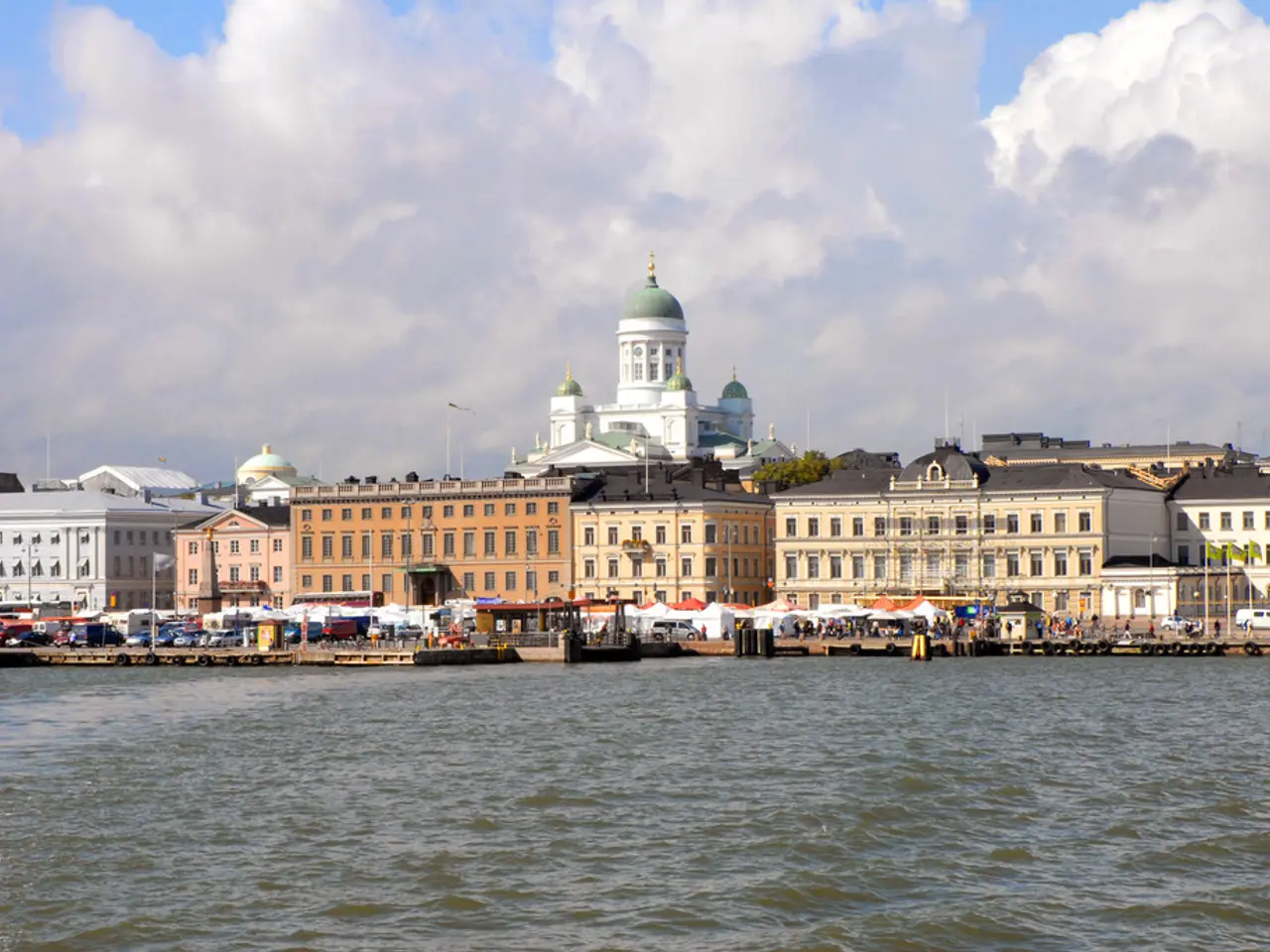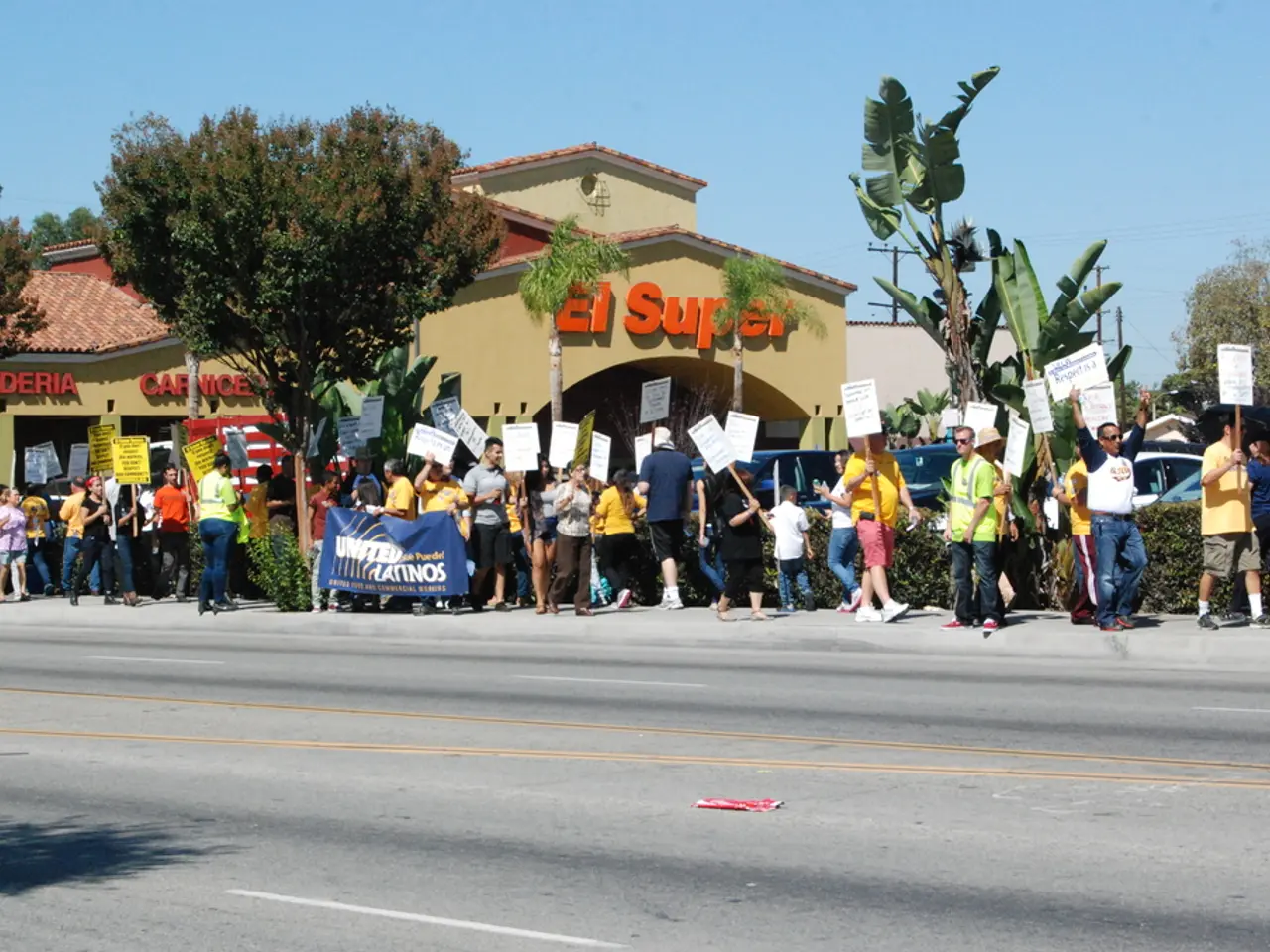Tragedy struck when the Beirut port explosion claimed the life of my brother. Now, I seek accountability and justice.
The catastrophic explosion that rocked Beirut's port on August 4, 2020, remains a searing memory for many. This non-nuclear explosion, one of the largest in history, claimed over 220 lives, injured more than 7,000, and left more than 300,000 homeless.
The investigation into this tragedy has been a long and arduous journey, marked by numerous challenges and obstructions. Judge Tarek Bitar has been at the helm of the probe since 2020, but with interruptions. Key figures in the case include former Prime Minister Hassan Diab, former generals Abbas Ibrahim and Tony Saliba, former army commander Jean Kahwaji, politicians such as Ali Hassan Khalil, Ghazi Zaiter, and the former public prosecutor Ghassan Oueidat.
The investigation has faced persistent political interference. In early 2023, Judge Bitar resumed efforts by charging eight suspects, including Abbas Ibrahim and Jean Kahwaji. However, the then-prosecutor Ghassan Oueidat suspended the investigation, released detainees, and barred cooperation with Bitar, citing overreach.
In 2025, with a new government, including President Joseph Aoun and Prime Minister Nawaf Salam, the inquiry was restarted. Interim prosecutor Jamal Hajjar reversed previous blocks, enabling the judicial police to cooperate, leading to renewed questioning of officials.
However, not all key individuals have complied with summonses. Some, notably members of parliament Ali Hassan Khalil and Ghazi Zaiter, and former prosecutor Oueidat, continue to obstruct the investigation by refusing to appear for questioning. As of August 2025, the investigation has not yet yielded conclusive results or accountability.
The ammonium nitrate, illegally stored at the port and under the supervision of high-level security officials, was the cause of the explosion. The detonation of 2,750 tonnes of ammonium nitrate with a nitrogen grade of 33.5% resulted in the devastating explosion.
The legal status of key figures varies: some face charges and have been questioned, others remain under investigation but evade testimony through immunity or legal maneuvers, and no one has been convicted or held legally accountable as of August 2025.
The people of Lebanon are waiting for truth and accountability. The new government and the new president have pledged to ensure justice is done in the port case. However, the families of the victims do not cling to the word "hope," for them, justice is a victim's right, not an aspiration.
The investigation has not been without controversy. Judge Ghassan Oueidat charged Judge Tarek Bitar with "usurping power" and summoned him for questioning, a move widely regarded as lacking legal basis or unlawful. Judge Oueidat also issued an order to the judicial police and the Public Prosecution Office instructing them not to cooperate with Judge Bitar, a move many legal experts have described as lacking legal basis and potentially obstructing justice.
Hezbollah and Amal, led by Parliament Speaker Nabih Berri, have allegedly been trying to push Judge Bitar out since his appointment. Judge Bitar has been the target of several baseless complaints demanding his recusal from the investigation.
Despite these challenges, Judge Bitar has persisted. He has completed all his questioning and is now awaiting responses to several judicial requests that were sent abroad. Under Lebanese law, the authority to decide on the release or continued detention of individuals lies with the investigating judge, not the public prosecutor.
Several politicians and their allies have used various tactics to hinder the investigation, including running campaigns to undermine the probe and daily attempts to discredit judges. Many families emigrated after the port explosion, especially after witnessing how the country's political class handled the investigation with disregard for justice and open threats to the judiciary.
The journey for justice in the Beirut port explosion case continues, and the people of Lebanon wait with bated breath for the truth to be revealed and accountability to be served.
- The video footage of the catastrophic explosion in Beirut's port, which occurred on August 4, 2020, shows one of the largest non-nuclear explosions in history.
- The investigation into the Beirut port explosion, initially led by Judge Tarek Bitar, has been marked by political intervention, obstructions, and legal controversies.
- In addition to former Prime Minister Hassan Diab, numerous key figures, including former generals, politicians, and the former public prosecutor, have been involved in the Beirut port explosion case.
- The World news, General news, and Crime and Justice sectors have been actively following the Beirut port explosion case, analyzing the ongoing legal status of key figures and the challenges faced by Judge Tarek Bitar in the investigation.
- The ammonium nitrate, illegally stored at the port, was the main cause of the explosion, containing 2,750 tonnes with a nitrogen grade of 33.5%.
- The people of Lebanon are traveling to other countries as they wait for truth and accountability in the Beirut port explosion case, with many families leaving due to disregard for justice by the political class and open threats to the judiciary.




